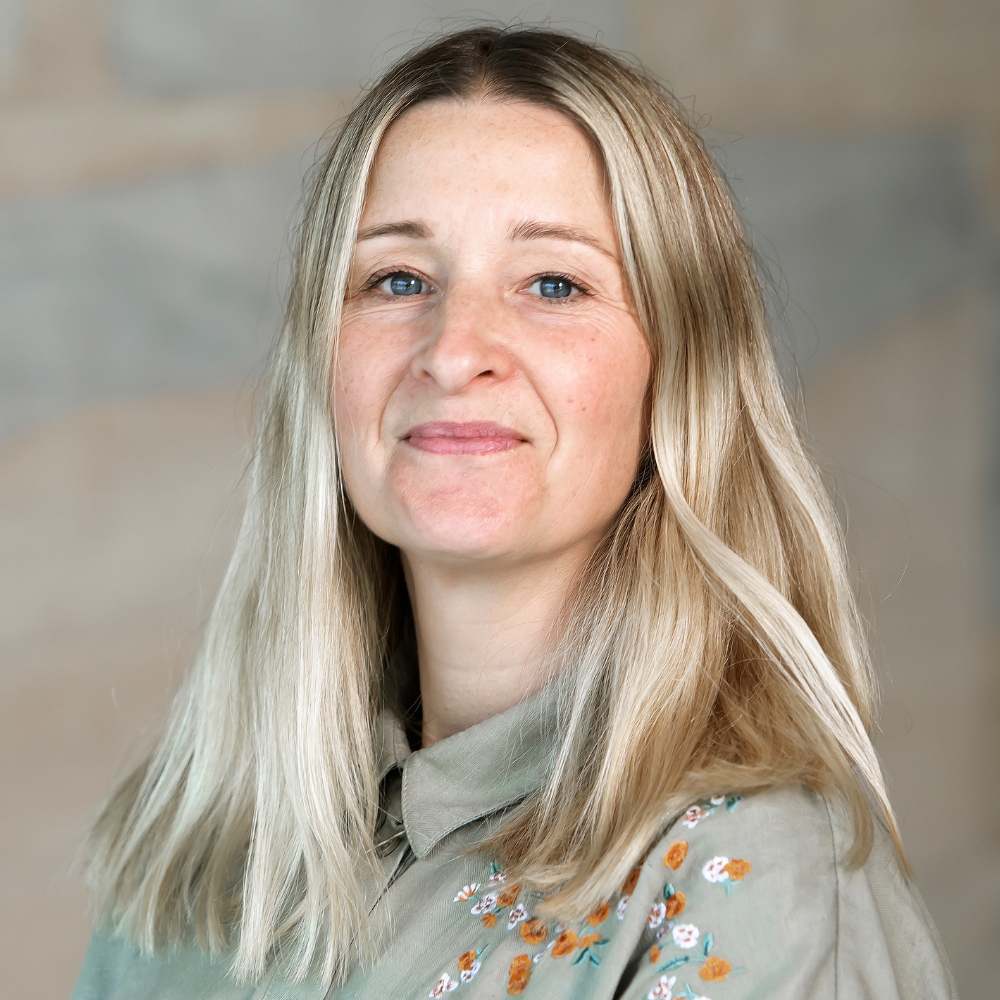A dedicated fencing scholar within our university’s sports program, Sammy discovered a passion for fencing during secondary school. What sets him apart is his drive for the adrenaline rush in a competitive environment, following ritual mental and physical preparations.
Here he encourages continuous effort, agile tactics, and awareness to the open doors of opportunity. His journey as a fencing scholar exemplifies resilience and dedication to both his academics and passion for the sport.
Introducing… Hui ‘Sammy’ Chan
As an international fencing athlete, Sammy has honed his skills and gained valuable experiences and perspectives from diverse places and cultures. Facing fears head-on and thriving in the solo nature of the sport has been a crucial aspect of his personal development at the University of Essex.
We asked him a few questions about his love for fencing, how he balances his passion for the sport whilst studying for a degree in Occupational Therapy and his insights into competitive fencing and personal growth. Sound advice we can all learn from.
Can you share a bit about your background in fencing and how you got started in the sport?
I started when I was in secondary school. My parents encouraged me to try something new. I was reluctant at first, but I fell in love with it ever since.
What inspired you to pursue fencing at a competitive level?
I really enjoy the adrenaline hit when fencing in a very intensive competition. Some people say fencing is a like chess, but in a physical way. That feeling of playing a mind game with your opponent, making split-second decisions, coordinating your body and executing your move is both fascinating and addictive.
How has being an international fencing athlete shaped your perspective on the sport and your own development?
I have been to places that I have never been to before because of fencing and learned vital work ethics from others I have met. It has shaped who I am right now. I think the most important thing fencing has given me is facing your own fear. You are on your own, on the track, and you need to figure out how fight your opponent. No one else can help you, it’s just down to you.
How do you manage the balance between academic studies and fencing training?
It is all about dedication and sacrifice. Training takes up a lot of your time and you sacrifice the time you hang out with friends and family. This is something I want to do and achieve. I understand to get a great result there are sacrifices to be made.
Are there any strategies or routines you follow to stay focused on both academics and sports?
Try to plan things ahead. Knowing your schedule in advance and sorting it out helps me maintain a balance between academics and sport.
How do you prepare mentally and physically for competitions?
I do mindfulness and visualisation. During game day, I have a set of warm up routines that help me to get into the game.
Is there a specific competition or match that stands out as particularly memorable for you?
Probably the first game we won together in BUCS with Essex fencing team. Everyone tried their best in that game.
What challenges have you faced in your fencing journey, and how did you overcome them?
Most fencers locate in London so it can be hard to find a diverse sparring partner to train with. My coach is in Brentwood, and I usually train in London, so travel is the hardest part.
How do you stay motivated during tough times or setbacks?
Celebrate each small win. The result somehow also matters but it’s not the most important bit. It’s all about self-growth. Rather than focusing on winning or losing, I put a bigger emphasis on myself and how I adapt to my opponent. Was I able to change my tactics during the game according to my opponent.
In what ways has being part of the University's fencing sports program contributed to your overall development, both athletically and personally?
The University has given tremendous support to me. The strength and conditioning coaching has been very helpful, conditioning my body for the game as well as practical considerations like providing a parking spot, the support helps me to just keep focus on fencing.
Have you had opportunities for cultural exchange through fencing events or interactions with teammates?
Fencing has helped me to meet many different people and make friends with similar aspirations. enjoy the journey, the continuous effort working at something my teammates.
What are your aspirations for the future, both in fencing and in your academic and professional pursuits?
I want to be the best fencer I can be. At the end of the day, the only thing I care about is fulfilling my full potential.
How do you see your experiences as a fencing scholar influencing your future path?
I am enjoying every bit of the fencing. Even though I do not see myself becoming a full-time fencer, I still want to do it as much as I can in the future. I want to push beyond my own limits and enjoy the journey.
Are there any lessons or insights you wish you had known when you started your journey in competitive fencing?
Just keep it going. Sometimes you work on something, and you can’t see the results immediately, but you just have to keep putting in the work. Sometimes opportunities come in a way that you never expect, so the most important thing to be open to those opportunities in the future.
Discover how our Performance Sport programme at Essex can support your overall development.
Follow our student athletes’ journey on Instagram @uniessexperform
Sports scholarships and bursaries
We are committed to supporting and developing high performance athletes. Find out whether you could be eligible for a sports scholarship or bursary, plus a range of additional benefits too when you join the University of Essex.


